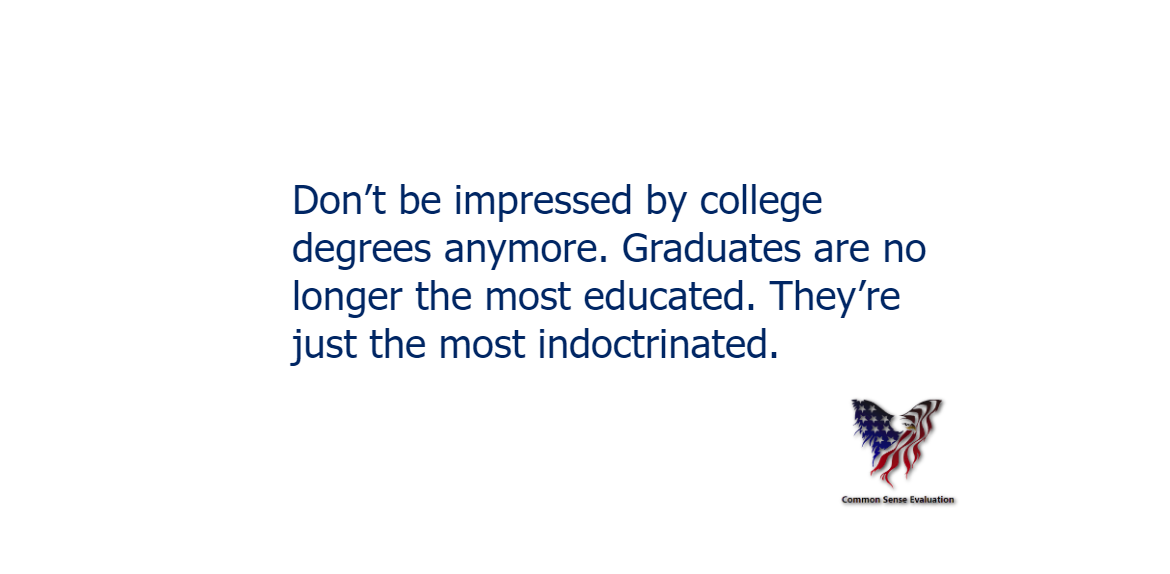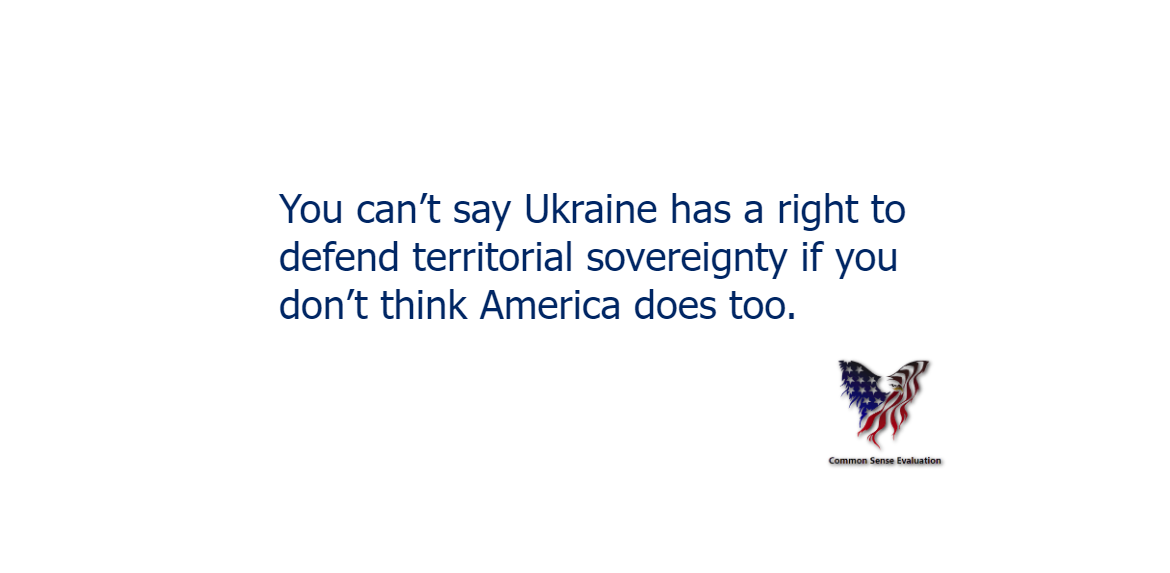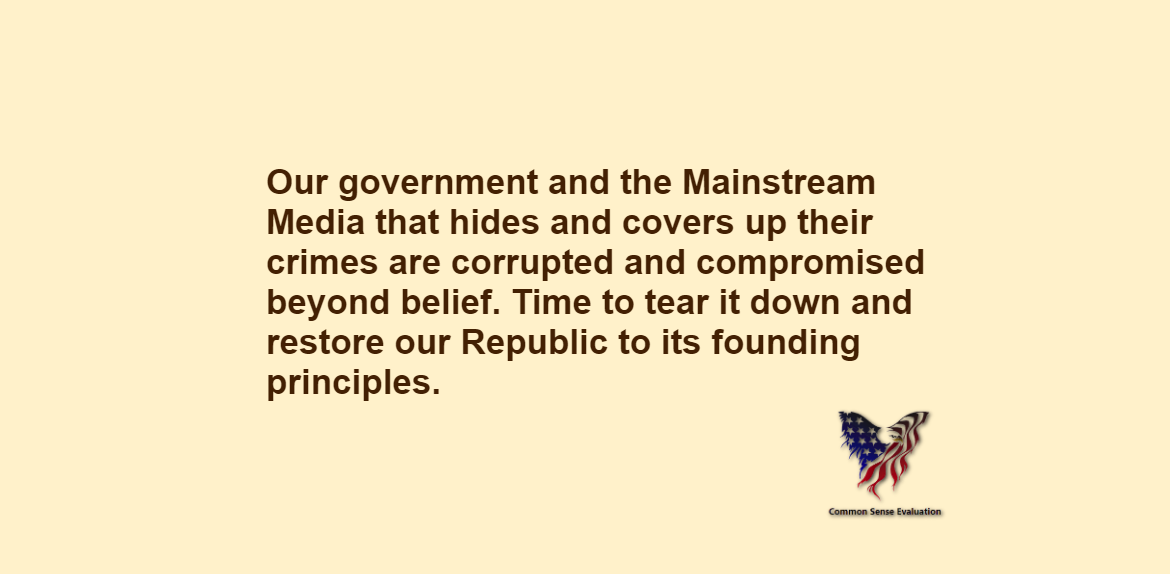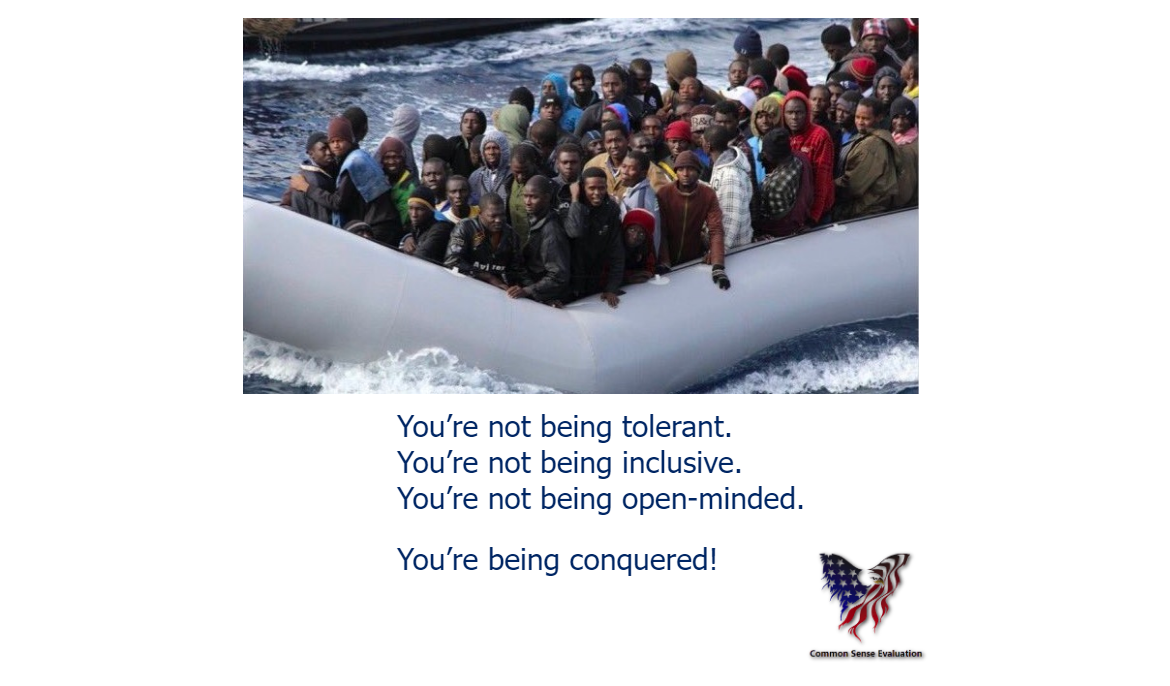There’s a term in politics that often lurks in the shadows, whispered in hushed tones: money laundering. It’s a concept that, while sounding complex, can be broken down into simpler terms for you to understand. Money laundering isn’t just something from a gangster movie – it happens in the world of politics too. In this article, we’ll explore the art of political money laundering, demystifying the process and shining a light on the methods corrupt politicians use in funneling ill-gotten gains back to themselves.
The Basics: What is Money Laundering?
Money laundering is like a magic trick that makes dirty money look clean. Imagine a criminal wants to buy a fancy car with the cash they earned from illegal activities. They can’t just waltz into the dealership with a briefcase full of cash, right? That’s where money laundering comes into play. It’s the process of making that dirty money seem legit, like it was earned through legal means.
Shell Companies: A Corrupt Politician’s Best Friend
One of the favorite tools in a politician’s arsenal is the creation of shell companies. These are companies that exist on paper but don’t do much real business. The trick is to hide the origin of the money by funneling it through these entities. Imagine having a secret bank account that nobody knows about – a shell company is like that, but on a grander scale.
Politicians often set up these shell companies in tax havens or places with lax financial regulations. These offshore accounts provide an added layer of secrecy, making it difficult for authorities to trace the money back to its source.
Real Estate Shenanigans
Have you ever wondered how a corrupt politician with a modest salary ends up owning luxurious mansions and properties? Real estate is a popular destination for laundered money. Here’s how it works:
Corrupt politicians might purchase properties using illicit funds through shell companies or intermediaries. Once they own these properties, they can either sell them for a hefty profit, generating clean money, or use the properties as collateral for loans. The borrowed money then appears to be a legitimate income source.
The Casino Caper
Another trick up their sleeves is to launder money through casinos. Here’s the scoop: a politician walks into a casino with a bag full of dirty cash and converts it into chips. They can then play a few hands, lose some chips, and cash out the rest. The money they receive in return appears to be winnings from gambling – a seemingly clean source of income.
Cryptocurrency: The New Frontier
As technology advances, so do the methods of money laundering. Cryptocurrencies like Bitcoin offer politicians a new avenue to launder their ill-gotten gains. It’s like digital cash that can be moved around the world with relative ease and anonymity.
They might buy cryptocurrencies using dirty money, and then trade or transfer them to other accounts. With some digital sleight of hand, the money can be made to look clean. It’s a challenge for law enforcement agencies to trace these transactions due to the decentralized nature of cryptocurrencies.
Smurfing and Structuring: The Money Laundering Twins
Smurfing and structuring are like two sides of the same coin when it comes to money laundering. Politicians employ these techniques to fly under the radar and avoid suspicion.
Smurfing involves breaking down large sums of money into smaller, less noticeable transactions. Imagine if you had $50,000 in dirty cash – instead of depositing it all at once, you’d make multiple smaller deposits, like $5,000 each, in different accounts. This makes it less likely to trigger alarm bells at the bank.
Structuring is the flip side. It’s about keeping deposits under a certain threshold to avoid raising suspicion. For example, if a dirty career politician wants to launder $100,000, they might make ten separate deposits of $9,000 each to avoid hitting the $10,000 reporting limit.
The Importance of Offshore Accounts
Offshore bank accounts are like secret treasure chests for these politicians. They use these accounts to stash their dirty money away from prying eyes. The laws and regulations in some countries make it challenging for authorities to access information about offshore accounts, allowing the corrupt to operate in secrecy.
Political Campaigns: A Convenient Cover
Ever wondered why some politicians pour an incredible amount of their own money into their campaigns? It’s not just a show of support; it can be a way to launder money. Here’s how it works:
A politician injects their dirty money into their election campaign fund, and then, like magic, the money is clean. Donations to political campaigns are heavily regulated, but this technique allows them to legitimize their ill-gotten gains.
Book Deals: The Written Cover-Up
Now, let’s talk about a relatively new and trendy method of money laundering among politicians – book deals. Politicians author books and secure hefty advances from publishing houses. While this may seem like a legitimate endeavor, it can also serve as a convenient cover to launder money.
Here’s how it works: A corrupt politician writes a book or hires someone to ghostwrite it. A publishing house offers them a substantial advance – a large sum of money upfront. This money may come from legitimate book sales, but it can also serve as a way to legitimize dirty funds. The book can be sold, or even given away, to supporters and organizations associated with the politician, effectively returning the money to the corrupt author in a seemingly legal manner.
Foreign Aid: The Unaudited Path
In the intricate world of political money laundering, foreign aid often becomes a shadowy conduit for politicians to further their illicit schemes. Recent events, notably involving unaudited funds sent to Ukraine, shed light on this covert avenue that allows politicians to exploit financial aid intended for nations in need.
Ukraine’s Mysterious Funds: The Unseen Trail
The tale of unaudited money sent to Ukraine is one that highlights the dark side of foreign aid. Funds allocated for humanitarian aid and national development are meant to uplift struggling nations. However, when those funds are sent without proper oversight and auditing, they become a playground for corruption.
In this context, politicians can exploit the lack of accountability and transparency to divert foreign aid into their personal coffers. It’s like a magician’s trick; they move the money from one pocket to another, making it disappear from the public’s view.
The Consequences of Misused Aid
When foreign aid is misappropriated or siphoned off through unaudited channels, the intended beneficiaries suffer the most. Funds that should be dedicated to infrastructure, healthcare, and education are instead used for personal gain or concealed in offshore accounts.
This misuse erodes trust in the system and jeopardizes the lives of those who depend on foreign aid for their survival and well-being. It’s a betrayal of the trust placed in politicians to act in the best interests of their countries and the international community.
The Need for Oversight
The case of unaudited money sent to Ukraine underscores the importance of robust oversight and transparency in foreign aid distribution. It’s a call to action for governments and international organizations to ensure that aid reaches its intended recipients and is used for its designated purpose.
In an age where technology and information can provide real-time tracking of financial transactions, there is no excuse for funds to go unaudited and unaccounted for. We must demand accountability from our “representatives” to ensure that foreign aid serves its true purpose: helping those in need.
Conclusion
Corrupt politicians employ a shadowy arsenal of clever tricks and techniques to launder their ill-gotten money. While this may seem like a tale out of a thriller movie, it’s a stark reality that casts a long, dark shadow over the political landscape. Understanding these methods is crucial, as it reveals the sinister underbelly of corruption and how it infiltrates our most trusted institutions.
The fight against political money laundering is an ongoing battle, often waged in the shadows. Transparency and diligence are our best tools, but the darkness of greed and deception perpetually threatens to engulf the light of accountability. As we unveil these intricate webs of deceit, we must remain vigilant, for it is in the dark corners of corruption that the true extent of its damage becomes horrifyingly clear.




